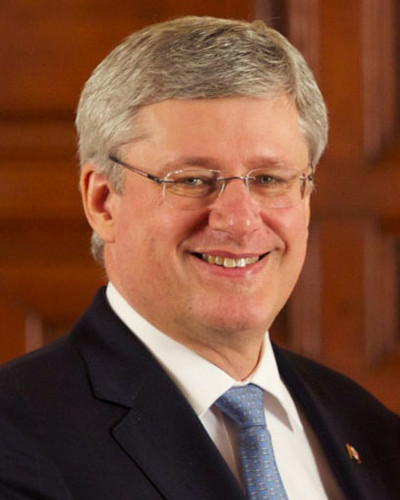The Legacy of Stephen Harper in Canadian Politics

Introduction
Stephen Harper, the 22nd Prime Minister of Canada, served from 2006 to 2015, leading the Conservative Party through a transformative era in Canadian politics. His leadership was marked by significant economic policies, foreign relations adjustments, and social issues that continue to shape the nation today. Understanding Harper’s impact is crucial not only for historians but for citizens who wish to understand contemporary Canadian governance and its future.
Key Policies and Achievements
During Harper’s tenure, Canada experienced notable economic growth, particularly during the global financial crisis of 2008-2009, when his government implemented tax cuts and stimulus measures to support the economy. This focus on fiscal conservatism and prudent management gained him substantial support among economically minded voters.
Moreover, Harper’s foreign policy marked a distinct shift. His government emphasized strong military support, particularly in the battle against ISIS, and fostered closer relations with Israel while taking a more conservative stance on climate change compared to previous administrations. This repositioning of Canada on the world stage, while controversial, highlighted a significant evolution in the country’s international relations strategy.
Domestic Issues and Challenges
Despite some successes, Harper’s time in office was not without challenges. His government faced criticism for its handling of Indigenous issues, particularly the lack of substantial movement on reconciliation processes and the ongoing struggles of First Nations communities. This aspect of his legacy often led to protests and growing calls for change, which continue to resonate in political discourse today.
Additionally, Harper’s confrontational style and party discipline were seen as divisive within Parliament. The passage of controversial legislation, such as significant cuts to health care funding and stringent crime laws, fueled opposition narratives and ultimately contributed to his electoral defeat in 2015.
Conclusion
Stephen Harper’s legacy in Canadian politics is one of complex contradictions. He is remembered for his economic conservatism and significant foreign policy changes but also faces scrutiny for domestic policies and approaches to key social issues. Moving forward, as Canada grapples with contemporary challenges, the impact of Harper’s policies and governance style continues to influence political discussions and decisions at all levels of government. Understanding his administration provides valuable insights for citizens aiming to engage thoughtfully in the ongoing evolution of Canadian politics.








